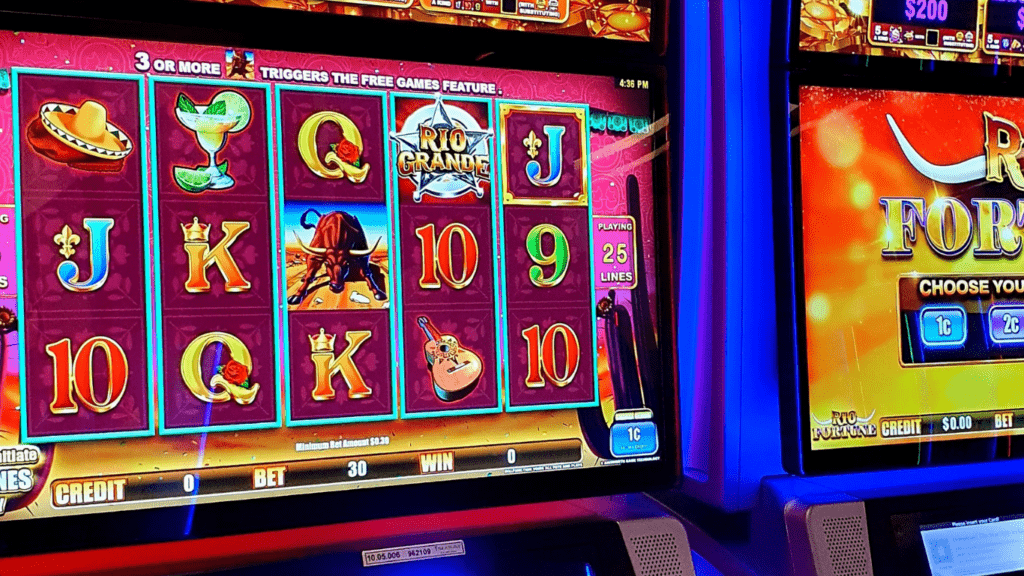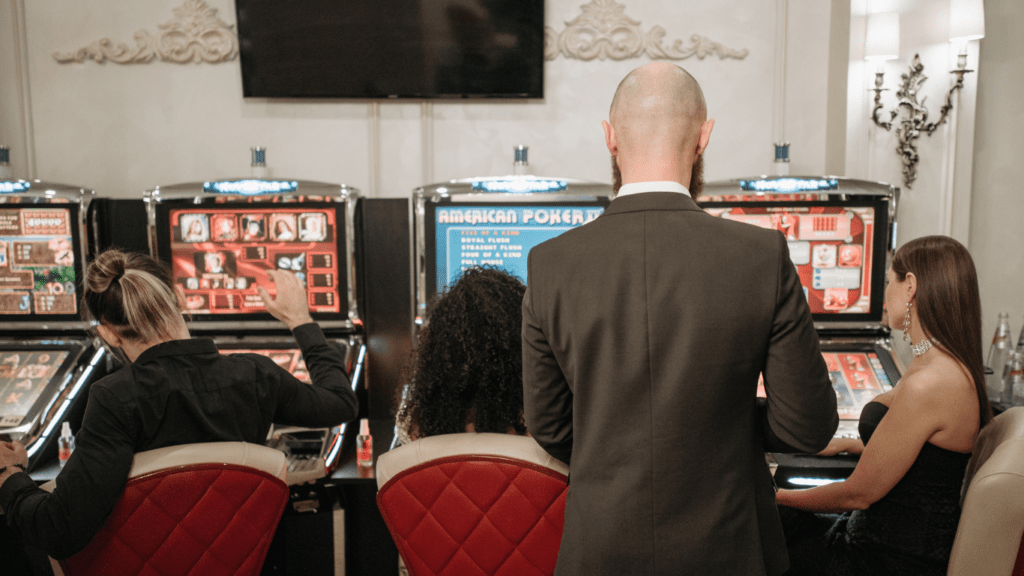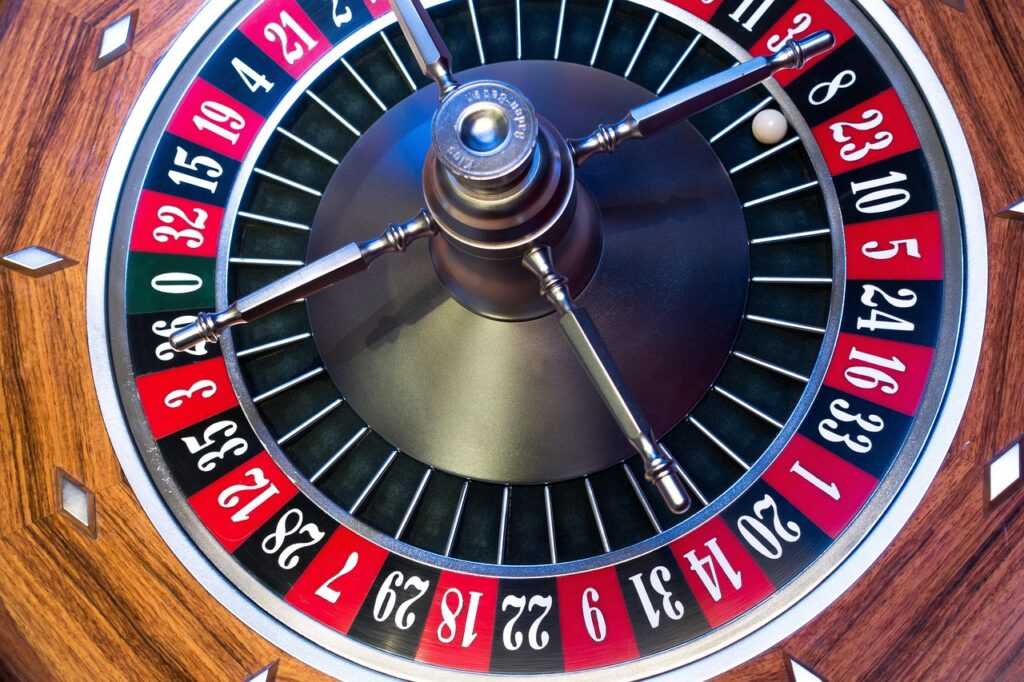The Psychology Behind Jackpots
Jackpots captivate with promises of instant wealth and a life transformed. Their allure relies heavily on human psychology, which drives behavior in fascinating ways.
The Thrill of Risk and Reward
Big wins tap into the basic human penchant for risk-taking. Jackpots offer substantial rewards, making the risk seem worth it. The possibility of winning massive amounts excites the brain’s reward center. This excitement often leads to repeat gambling, as individuals chase that exhilarating feeling.
The Role of Dopamine in Gambling
Dopamine, a key neurotransmitter, plays a crucial role in gambling experiences. Winning a jackpot triggers a significant dopamine release, creating feelings of euphoria. These pleasure responses reinforce gambling behavior, making it addictive. Slot machines and other games of chance leverage this response, ensuring that players remain engaged, always hopeful for the next big win.
The Marketing Strategies of Casinos
Casinos employ various tactics to reel in players, especially focusing on the allure of jackpots.
Jackpot Promotions and Advertisements
Casinos heavily promote jackpots to attract attention. They use bold, enticing advertisements that showcase colossal winnings. Flashy banners, billboards, and online ads often highlight recent winners and their life-changing amounts. Promotions also include special events where jackpots are increased, drawing more crowds. This creates a sense of urgency and excitement, encouraging players to participate before the opportunity vanishes.
Design of Slot Machines and Tables
Slot machines and tables are meticulously designed to captivate players. They feature bright colors, engaging sounds, and alluring graphics to create an immersive experience. The layout of slot machines places high-jackpot games in prominent locations, ensuring they are easily visible. Tables often include progressive jackpots that increase as more players join, bolstering the potential for big wins. These design strategies make the gaming environment enticing, enhancing the appeal of pursuing jackpots.
Social and Cultural Influences
Social and cultural elements play a critical role in the allure of jackpots. Media portrayal and peer stories often amplify the desire for big wins.
Media Portrayal of Big Wins
Media frequently highlights big wins, making them seem more common than they actually are. TV shows, movies, and news articles often feature individuals hitting huge jackpots, celebrating their newfound wealth. This pervasive narrative creates a perception that winning big is a regular occurrence, boosting the public’s inclination to pursue these dreams.
The Impact of Peer Stories and Word-of-Mouth
Peer stories and word-of-mouth significantly influence gambling behavior. When friends or acquaintances share their experiences of hitting a jackpot, it creates a tangible connection to the possibility of winning. People are more likely to gamble when someone they know has won big, driven by the desire to replicate that success.
The Financial Implications of Chasing Jackpots

Big wins can be tantalizing but come with significant financial risks. Understanding these risks is crucial for anyone drawn to the allure of jackpots.
The Cost of Gambling Addiction
- Gambling addiction can drain personal finances quickly.
- Individuals often spend large sums chasing the elusive jackpot, draining savings and accumulating debt.
- According to the National Council on Problem Gambling, around 2 million Americans meet the criteria for gambling addiction, with each gambler accruing an average debt of $38,000.
- Treatment and recovery can also be costly, both emotionally and financially.
- Many lose significant assets, like homes and cars, while some even resort to illegal activities to fund their addiction.
- While big wins promise a financial windfall, they often lead to substantial economic losses for many players.
Economic Benefits for Casinos
- Casinos reap substantial economic benefits from jackpot seekers.
- Gaming revenue forms a significant part of their income, often reaching billions annually.
- In 2022 alone, commercial casinos in the US generated over $53 billion in revenue.
- High rollers, drawn by the prospect of massive payouts, contribute disproportionately to these earnings.
- Casinos invest in enticing advertising, luxurious environments, and attractive bonus structures to ensure continuous customer engagement.
These investments ensure a steady flow of patrons, boosting not only the gaming sector but also local economies through job creation and tourism. Nonetheless, while jackpots bolster casino profits, they frequently impair the financial health of individual gamblers.
By examining both the cost of gambling addiction and the economic benefits for casinos, it’s evident that the financial implications of chasing jackpots are complex.
Responsible Gambling Practices
Gambling responsibly means maintaining control and setting limits. Responsible practices help gamblers enjoy the thrill without experiencing adverse effects.
Setting Limits and Self-Control
Setting personal boundaries is crucial for responsible gambling. Introducing limits on time and money spent on gambling helps keep it a fun activity. For example, using time-tracking apps or setting daily/weekly budgets can aid in maintaining self-control. It’s important to recognize signs of compulsion and take breaks as needed. Regular self-assessment, like reflecting on gambling behavior and its impact, reinforces disciplined practices.
Support Resources for Problem Gamblers
Various resources are available for those struggling with gambling addiction. National Helpline (1-800-522-4700) offers confidential support. Organizations like Gamblers Anonymous provide group therapy and peer support. Many casinos and online platforms offer self-exclusion programs, allowing individuals to restrict their access to gambling activities. Non-profit organizations such as the National Council on Problem Gambling (NCPG) and Gambling Therapy offer educational resources and counseling services. Reaching out for professional help is a proactive step in managing gambling issues.



 Elizabeth Kaylor – Author
Elizabeth Kaylor is an experienced author and contributor at Smart Gamble Land. Specializing in casino game mastery and player psychology, Elizabeth provides readers with in-depth tips on how to approach popular casino games with confidence and precision. Her expertise in understanding player behavior, game dynamics, and strategy allows her to craft engaging content that appeals to both novice and experienced gamblers alike. Elizabeth's insightful articles offer readers the tools they need to thrive in high-stakes environments.
Elizabeth Kaylor – Author
Elizabeth Kaylor is an experienced author and contributor at Smart Gamble Land. Specializing in casino game mastery and player psychology, Elizabeth provides readers with in-depth tips on how to approach popular casino games with confidence and precision. Her expertise in understanding player behavior, game dynamics, and strategy allows her to craft engaging content that appeals to both novice and experienced gamblers alike. Elizabeth's insightful articles offer readers the tools they need to thrive in high-stakes environments.
